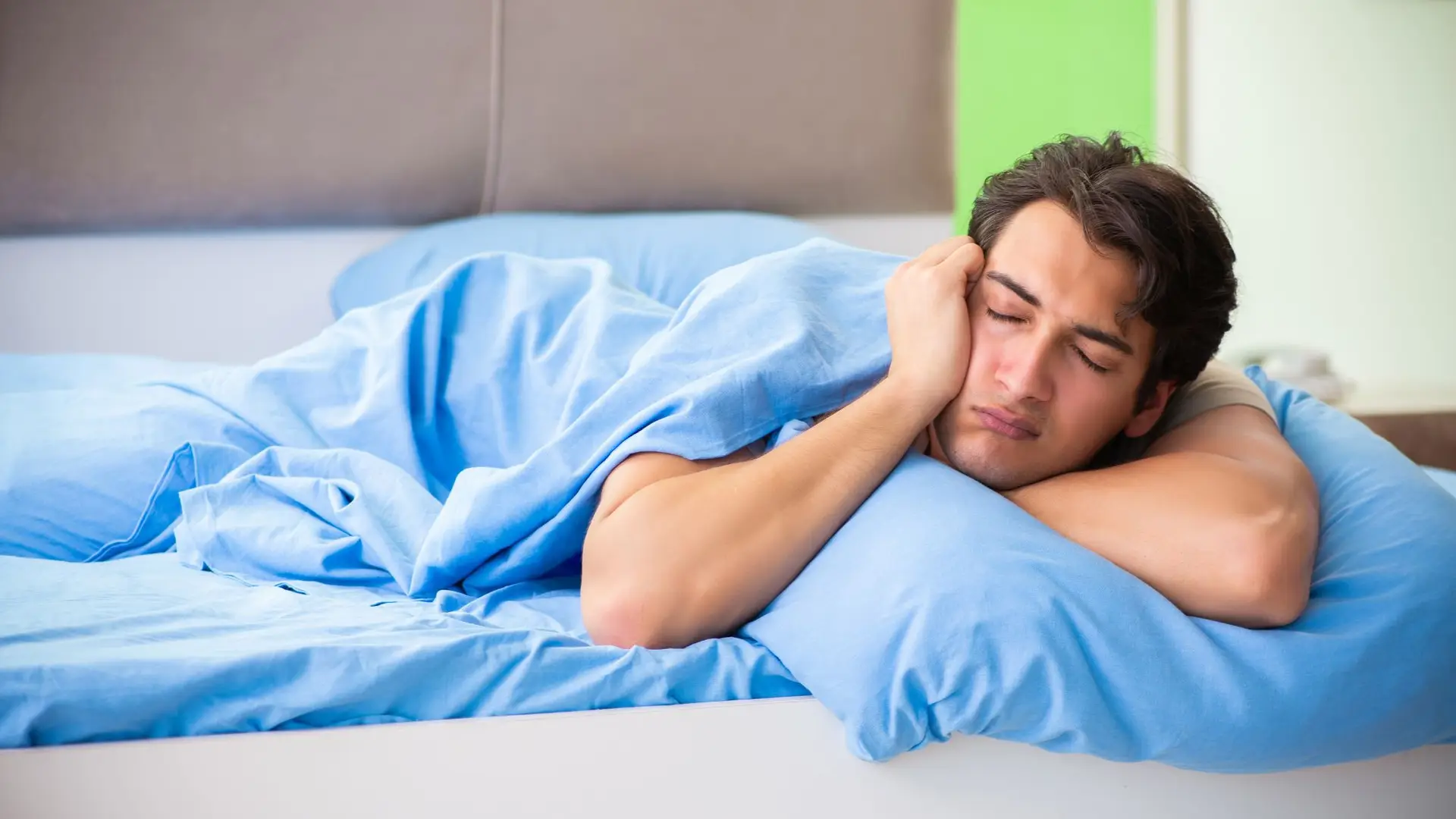
Chronic Pain and Sleep
Chronic pain is all-consuming. It affects your physical health and the quality of your sleep at night. You cannot sleep if you are in pain, and further sleep deprivation turns your pain worse. However, there are some strategies you can adopt to fix your sleep amidst this.
First of all, the creation of a normal sleep pattern is important. The body becomes accustomed to falling asleep and rising during the same time every day; this figures into its biological rhythm. A scientifically perceived activity usually done before sleeping—a book, a warm bath, or even some deep-breathing exercises—may hint at one’s body that it is time to keep things slow. Avoid stimulants such as caffeine or nicotine well before bedtime.
Your sleep environment will also play an important role. Make your bedroom a sleep haven: cool, dark, quiet. In addition, a good mattress and the right supportive pillows do help a lot as well. Some people find elevating their legs or using a body pillow allows them to bypass certain discomforts, making it easier to fall asleep.
Common sleep disorders among chronic pain sufferers and their impact
Tips and strategies for improving sleep quality despite chronic pain
Importance of sleep hygiene and how to implement it
Relaxation techniques to promote better sleep for chronic pain sufferers
Overview of medications that can help manage both sleep issues and chronic pain
How CBT-I can help improve sleep quality for chronic pain sufferers
How melatonin can be used to improve sleep in chronic pain sufferers
Developing effective bedtime routines to manage chronic pain and improve sleep
Best sleep positions to reduce chronic pain
How stress affects sleep in chronic pain sufferers and ways to manage it

Making adjustments to the sleep environment to improve sleep quality
The role of napping in managing fatigue and chronic pain
Natural remedies and sleep aids that can help chronic pain sufferers get better sleep
How sleep studies can help diagnose and treat sleep issues in chronic pain sufferers
How diet affects sleep quality and chronic pain
The relationship between physical activity and sleep quality in chronic pain management
How temperature regulation can affect sleep quality in chronic pain sufferers
Breathing exercises to promote relaxation and better sleep
Using mindfulness meditation to improve sleep quality
How electronic devices affect sleep quality and strategies to minimize their impact